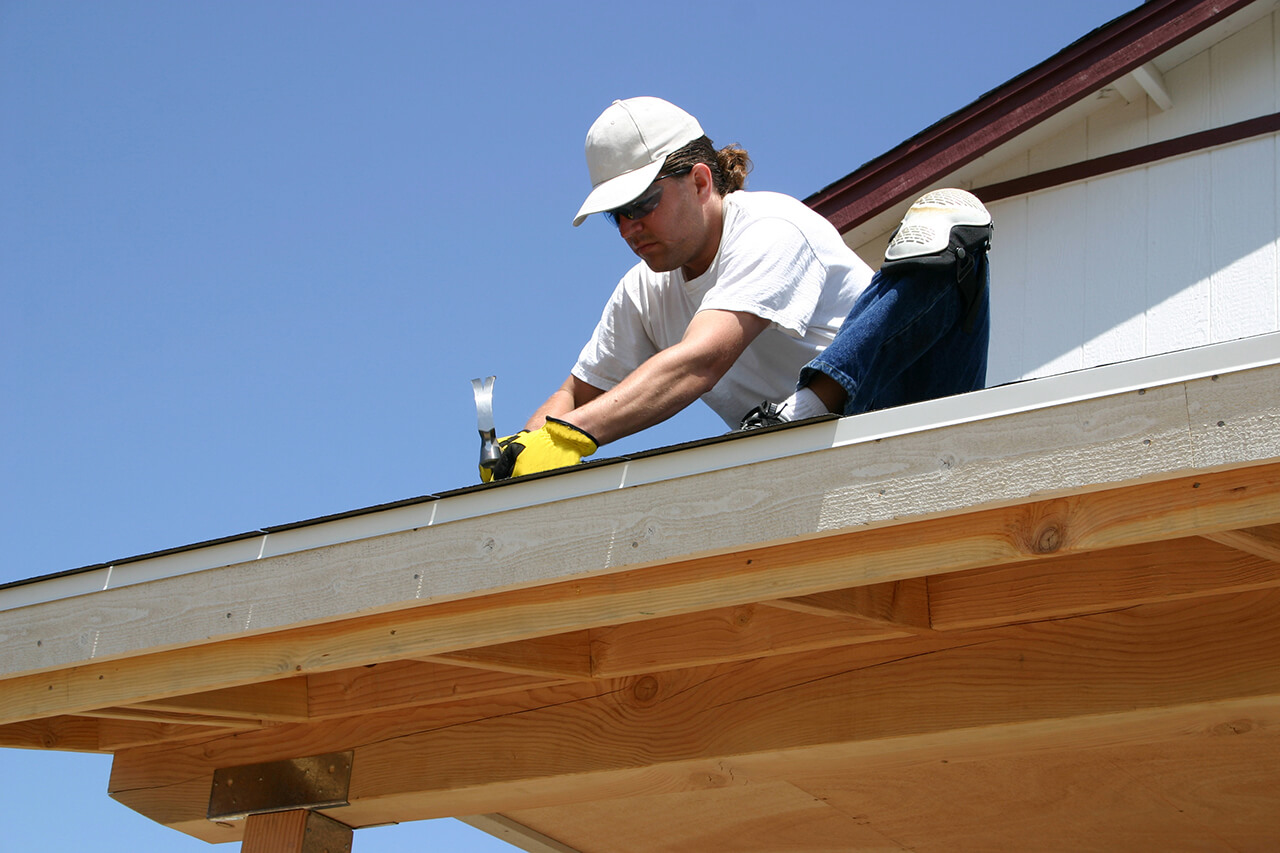
Use this guide to budget for roof repair costs based on factors such as roof condition, materials, size, repair type and severity, and more.



Most mobile home inspections require two to three hours to complete properly. The timeline varies based on your home's size, age, and overall condition. Inspectors need sufficient time to examine all major systems, document their findings, and compile their observations.
If the inspector discovers concerning issues that warrant deeper investigation, the process may take longer. For the most thorough assessment, try to schedule your inspection during daylight hours when visibility is optimal.
Pay close attention to water damage indicators like ceiling stains, warped flooring, or musty odors. Structural concerns, including uneven floors, sagging rooflines, or doors that won't close properly, suggest potential foundation issues. Electrical problems such as flickering lights, warm outlets, or outdated wiring present serious safety hazards.
Impromptu modifications or repairs performed without proper permits often signal deeper problems. Windows that don't seal properly may indicate structural shifting or water infiltration.
Yes, professional inspectors evaluate the foundation components and anchoring mechanisms during a thorough assessment. They examine support piers, blocks, and tie-downs for proper installation and condition. The inspection includes checking for appropriate ground clearance and adequate ventilation beneath the home.
Proper anchoring is essential for stability during adverse weather conditions. Foundation issues can affect everything from door alignment to plumbing function, making this a critical part of any comprehensive inspection.
Industry professionals recommend scheduling maintenance inspections every two to three years for manufactured homes. Homes in regions with extreme weather conditions may benefit from more frequent evaluations. Consider arranging an inspection after significant storms or if you notice any unusual changes in your home's condition.
Regular assessments help identify minor issues before they develop into major problems. Maintaining documentation of these inspections also provides valuable records for insurance purposes or future sale considerations.
Search for inspectors with certifications from recognized professional organizations in your state. Specialized training or experience with manufactured housing is particularly valuable for these unique structures. Ask potential inspectors about their familiarity with HUD standards for manufactured homes. Professional membership in industry associations often indicates commitment to ongoing education and ethical standards. Request sample reports from prospective inspectors to evaluate their thoroughness and clarity of communication.
Many insurance providers consider inspection results when determining policy rates and coverage terms. A positive report demonstrating well-maintained systems and the absence of hazards may qualify you for better rates. Addressing issues identified during inspection demonstrates proactive maintenance that insurers often reward. Some companies offer specific discounts for homes that meet certain safety and structural standards.
Contact your insurance provider before scheduling an inspection to understand exactly what documentation they require for potential premium reductions.
From average costs to expert advice, get all the answers you need to get your job done.

Use this guide to budget for roof repair costs based on factors such as roof condition, materials, size, repair type and severity, and more.

Need fascia and soffit repairs? Hiring a pro ensures proper installation, protects against pests, and prevents structural damage. Learn about common warning signs, material options, and how fascia and soffits safeguard your home from moisture.

Not sure who to call to identify a smell in your house? Learn when to hire a home inspector or specialist and what a $350 inspection covers.

Learn our top tips for finding and hiring an electrician you can count on!

Budget for home inspection costs based on factors such as home size and type, add-ons, the inspector’s certification, labor rates, and more.

HomeAdvisor's Lighting Repair Cost Guide lists price information on fixing a light or light fixture, as reported by HomeAdvisor customers.